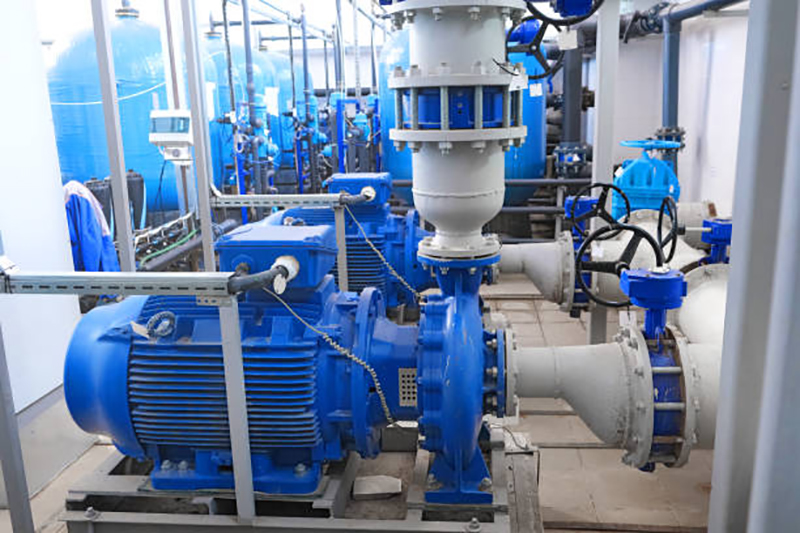Introduction:
Efficiency and reliability are paramount when it comes to heavy-duty pumps in industrial applications. Maximizing efficiency not only reduces operational costs but also enhances reliability, leading to smoother operations and increased competitiveness. In this comprehensive education guide, we’ll explore strategies for increasing the efficiency and reliability of heavy-duty pumps, along with the myriad benefits these improvements offer to industrial operations.
Understanding the Importance of Efficiency and Reliability:
- Efficiency: The efficiency of a pump directly impacts its energy consumption and operational costs. By minimizing energy waste, businesses can save substantial amounts on electricity bills.
- Reliability: Reliable pumps are crucial for maintaining uninterrupted operations and meeting production demands. Downtime due to pump failures can lead to significant losses in revenue and productivity.
Maintenance and Installation Best Practices:
- Regular Maintenance: Implementing a proactive maintenance schedule ensures that pumps are operating at peak efficiency. This includes timely replacement of worn-out parts and proper lubrication.
- Proper Installation: Correct installation techniques, including precise alignment and adherence to manufacturer guidelines, are essential for optimizing pump performance and longevity.
Upgrading Pump Components and Technologies:
- High-Efficiency Motors: Upgrading to modern, high-efficiency motors can significantly reduce energy consumption while improving overall pump performance.
- Advanced Pump Designs: Collaborating with manufacturers to optimize pump designs and materials can enhance efficiency and reliability for specific industrial applications.
Implementing Monitoring and Control Systems:
- Condition Monitoring: Utilizing sensors and predictive maintenance techniques such as vibration analysis and oil analysis helps detect potential issues before they escalate, ensuring continuous operation.
- Automation and Control: Implementing advanced control systems and automation technologies allows for real-time adjustments to optimize pump operation based on demand, further increasing efficiency.
Benefits of Increasing Pump Efficiency:
- Energy Savings: Improved efficiency results in lower energy consumption and reduced operational costs, contributing to overall cost savings.
- Enhanced Reliability: Efficiency improvements often coincide with enhanced reliability, leading to fewer breakdowns, reduced downtime, and improved performance.
- Environmental Impact: Lower energy consumption reduces greenhouse gas emissions and environmental footprint, aligning with sustainability goals and regulatory requirements.
Maximizing the efficiency and reliability of heavy-duty pumps is essential for industrial operations seeking to reduce costs, improve performance, and stay competitive in today’s market. By implementing proactive maintenance practices, upgrading pump components and technologies, and leveraging advanced monitoring and control systems, businesses can reap the numerous benefits of increased efficiency, including energy savings, enhanced reliability, and environmental sustainability. Investing in pump efficiency education and implementation is a strategic decision that can yield long-term rewards for industrial enterprises.
